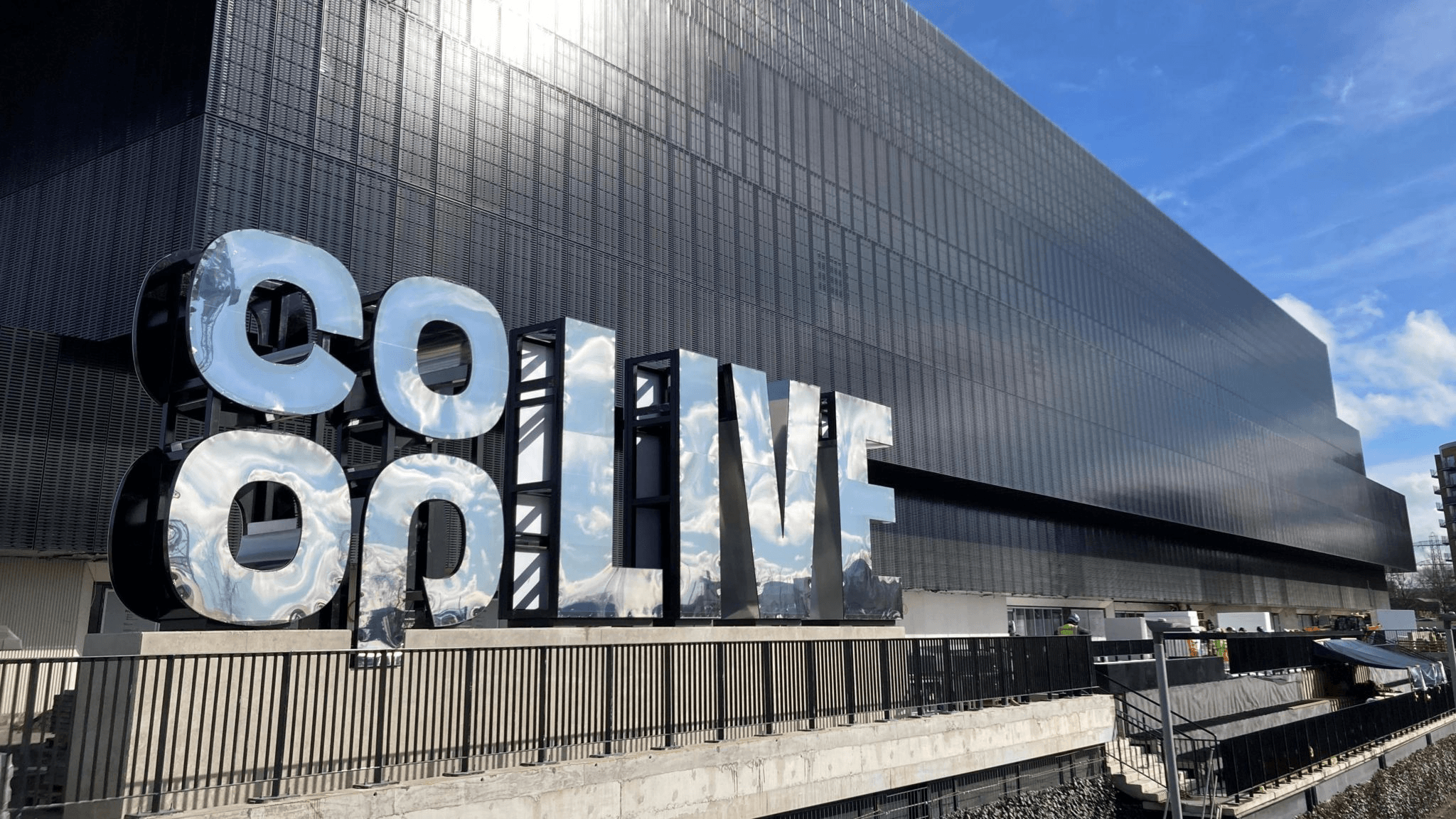Co-op Live: When the music starts, where the real reputational damage lies.
As a playbook for how to gain sustained publicity for a flagship new venue, Manchester’s Co-op Live, which finally opened its doors on 14 May, is a case study for all the wrong reasons.
With 800 additional contractors drafted in to work around the clock to complete the arena, as revised launch dates came and went, management added unforced errors to almost daily headlines about chaos on site.
After ill-considered remarks about how grass roots venues were poorly run, general manager Gary Roden stepped down when Peter Kay’s much anticipated opening night was delayed (due to safety issues). When fans of rapper Boogie Wit da Hoodie learned his show was postponed as they queued outside (ventilation issues), naming rights sponsor Co-op Group heavily criticised the arena’s shambolic delivery.
Rubbing salt into the wound, Manchester’s rival AO Arena quickly stepped in to welcome home-coming favourites Take That. It will also no doubt be ready to open its refurbished dressing rooms if other acts need a 20,000+seat host at short notice.
In the future, however, when this world-class new venue ensures global artists add Manchester to their tour itinerary, will we remember the launch issues? Probably not.
But the noise around Co-op Live now does generate further damage for the reputation of one industry – UK construction. For those with even a passing interest, most major projects seem to end in painful delays and cost overruns, conflict between contractors and poor accountability for building standards.
Mancunians are still reeling from another new arts venue Factory International coming in £130 million over budget (more than double its original projected cost). Its city council having to borrow money repeatedly to see it to completion in 2023.
Sport and music fans, commuters and home buyers look on wearily as developers and contractors for the next new venue / stadium / station / housing development (*delete as appropriate for high profile project) blame each other and/or companies deep in opaque supply chains for poor cost, time and project management (when not citing geopolitical events).
The new arena’s well publicised dramas raise a major underlying issue for the construction industry; procurement processes often reward those who submit over optimistic time and cost bids which lead to complex, cost-plus contracts running out of control.
The Co-op Live debacle once again erodes public trust in how major construction projects are commissioned, planned and delivered. This is particularly ill-timed when much of our national infrastructure requires major taxpayer-funded investment.
Behind the scenes, a familiar script seems to have played out in East Manchester; broken deadlines, increased costs, friction between contractors and questions about responsibility for installing critical systems. ‘Anonymous’ sources were quoted as saying the inevitable launch delays were flagged months ago. Accountability will no doubt still seem to pass around long after the music has stopped (even with collective relief that it had eventually started).
Communications experts have been keen to offer Co-op Group advice on how to repair relationships with disappointed music fans as well as broader reputational damage. UK construction faces a greater task.
To regain public faith, investors, developers, planners and contractors need honest conversations. How can they shape transparent procurement processes and realistic project timelines? How can complex subcontractor ecosystems best work together? How do we avoid public spats that damage us all? If things don’t go to plan, why does it matter to take public accountability early and communicate risks openly for the greater sector good? By addressing these questions as a starting point, the industry can begin to reassure us that it can deliver to high building standards, on time and on budget.
Thank you for reading. For more insights please visit our blogs directory and insights page.

